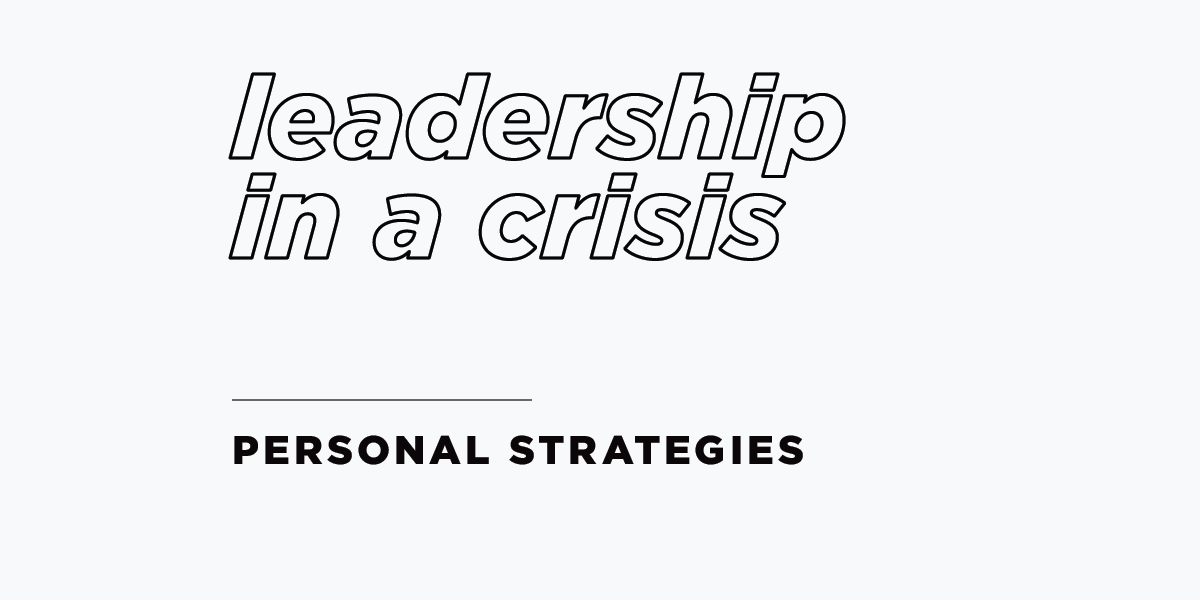Recently, I have been feeling like I’m in a constant state of crisis. Work has been incredibly challenging, my father is taken his third trip to the hospital in as many years, and even the cultural climate makes me want to throw the remote through the tv. I was reflecting on how to be a good leader, spouse, and parent in stressful times. I don’t have all the answers, but these are a few strategies that work for me and I hope you may find some value.
Do the thing that makes you happy:
Take a moment to step away from the crisis and do the thing that makes you happy. For me, it’s creating. I feel the most fulfilled when I’m making things with my hands. It helps if the thing that makes you happy is not related to the problem you are dealing with. For example, if you are a designer and you are having a crisis at work, don’t design, do something else.
Behavioral Psychology calls it the Zeignarnik Effect. Stepping away from the problem allows your brain to wander a bit and process in the background. I built a workbench that I’ll go to for an hour. It helps me process the situation, gain a bit more clarity, and reduce my anxiety.
Focus on priorities:
It’s easy to lose track of the priorities when you are living in a state of crisis. By nature, the situations are volatile, uncertain, complex, and ambiguous (VUCA). I’ll personally add anxiety-inducing. Take moment and identify what the priorities are or what the most important outcomes could be. By establishing where you are going, you are able to focus a clearer path to get there.
Plan for the worst:
I want to be very clear. This is not hypothetical-izing in the negative and going in a downward spiral of thinking about all of the bad things that happen. This is simply thinking about what is the worst thing that can happen, and then planning a strategy for. “If this happens… Then I do that.”
Meditate:
Practicing mindfulness is one of the easiest ways to improve your own mental health. It’s like windshield wipers for the mind, by getting rid of all the gunk. For 10 minutes in the morning, it allows you to think clearly, focus with purpose, and act with intent. There are great apps out there. Personally, I like Headspace. I have also had success with morning pages and bullet journaling.
Set boundaries:
My best friend is a psychiatric doctor in Los Angeles. I was talking to him about the situation with my father and he had some simple, practical advice about setting boundaries. Be self-aware to know what your limits are and when you will go over. Establish what you are willing to do and what you are not.
Mentally check-in with yourself once and a while to know what you have the capacity for and when you may need a break. And lastly, timeboxing, where you are allocating a specific period of time to spend on a task. “I’m going to spend 1 hour dealing with this and then I’m going to get back to my life.”

